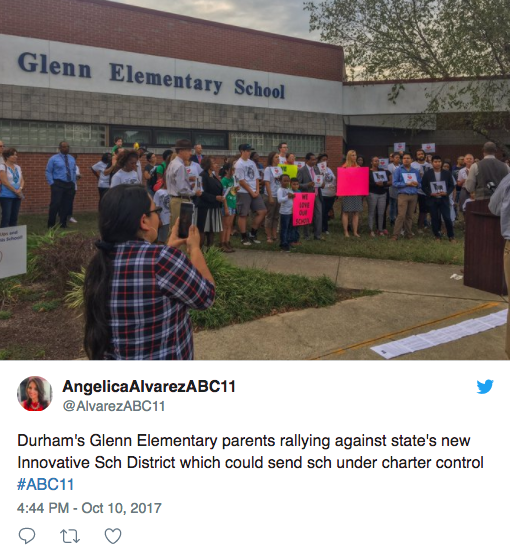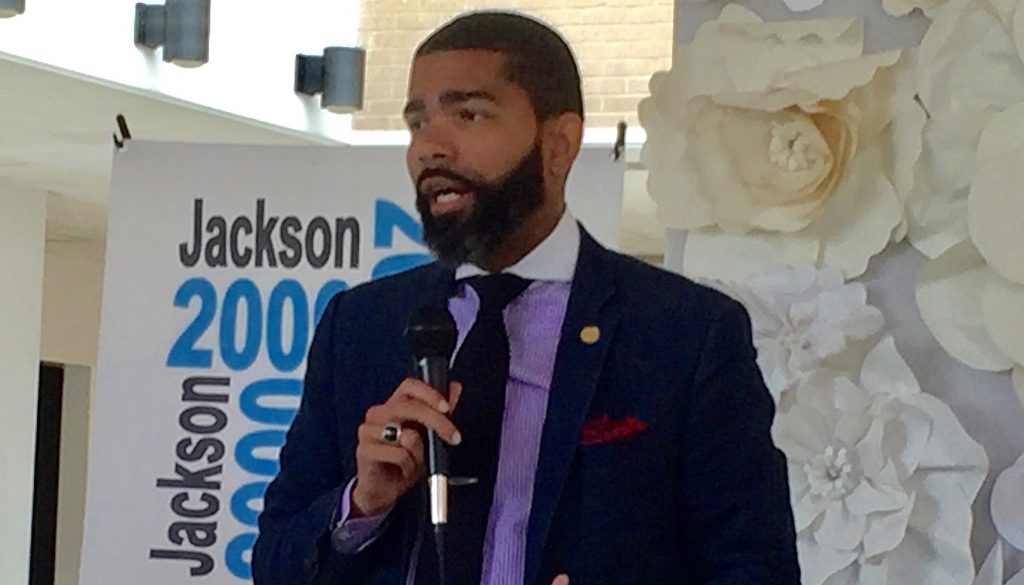
The elementary school to which my infant son is districted—Glenn Elementary—was one of six NC schools (and two Durham County schools) on the short list for possible takeover by the NC Innovative School District. Lakewood Elementary was the other.

The elementary school to which my infant son is districted—Glenn Elementary—was one of six NC schools (and two Durham County schools) on the short list for possible takeover by the NC Innovative School District. Lakewood Elementary was the other.

An important movement is growing, in Durham (NC) and across the country, to support and elect candidates from traditionally underrepresented populations to office and to better engage voters from those same populations. While this work was happening before the 2016 election, it is gaining momentum.
There are a variety of organizations working to equip black people, young people, immigrants, women, working class people, LGBTQ people, and others to run for local, state, and national office. Durham For All, a local political organization, is working to politically engage working-class people of color in order to make Durham’s local government more progressive and accountable to the needs of its working-class residents. One highly publicized example of the success of organizations like the ones linked above iis the election of Chokwe Antar Lumumba as the mayor of Jackson, Mississippi.

As outreach staff at an East Durham nonprofit, and as a member of the leadership team of a community-led organization in East Durham, I think often about community engagement. I think about getting the word out about existing opportunities in the community, recruiting residents and neighbors to participate, and finally, I think about how to develop opportunities for residents to increase and sustain their engagement and to be a part of decision-making structures of these organizations.
While I have noticed a shift in focus toward increased emphasis on participant feedback and community-identified needs, there seem to be few accessible opportunities for meaningful, sustained engagement within traditional organizational structures (i.e., nonprofit, university or government).